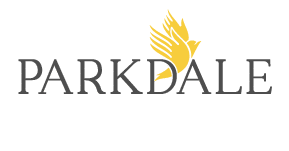Parkdale Center conducts exit interviews with all its discharging Partial Hospitalization Patients. From these interviews, we have a consistent, reliable picture of what works at Parkdale, and one answer rises time and again. It might surprise you: the indelible bonds treatment creates among peers.
In his TED Talk “Everything You Think You Know About Addiction is Wrong,” Johann Hari famously said, “The opposite of addiction is connection.” In his talk, Hari explains at the core of addiction struggles are feelings of loneliness, isolation, low self-worth, and feeling misunderstood. Many battling substance use disorder are not even aware of how lonely and disconnected they’ve become. They often feel a great deal of shame and withdraw into themselves and their addiction.
For this reason, one of the core ways we at Parkdale battle addiction is to help our patients rebuild those personal connections, to make sure our patients know they are not alone, that they are worthy of friendship, fellowship, and love. How do we do this? We help our patients build connections with their peer group. This gives them lifelong relationships with those who have been through similar struggles and also sets the stage for them to rebuild their connections with their loved ones.
Parkdale Center is a dual-diagnosis program. This means we don’t only treat our patients’ substance use disorder, but through counseling, we also try to get to the underlying causes of their substance use and treat those problems as well. Without treating their depression, trauma, anxiety, bipolar disorder, low self-worth, and other mental health issues, it’s unlikely that substance use treatment will lead to long-term recovery.
As we explain in our blog about dual-diagnosis treatment,
“The connection between substance use disorders (SUD) and co-occurring mental health disorders is well documented. According to the National Institute on Drug Abuse, ‘Multiple national population surveys have found that about half of those who experience a mental illness during their lives will also experience a substance use disorder and vice versa.’ Our experience here at Parkdale Center finds co-occurring mental health and addiction disorders to be even more frequent.”
Many of our patients come to us without even realizing that they are struggling with mental health problems. That’s where group therapy comes in. Group therapy is one way that our patients learn to trust and bond with one another.
The idea of group therapy makes some people uncomfortable. No one likes airing their struggles to strangers, especially those who have been actively hiding their addictions and mental health struggles. It’s not unusual for our patients to express that prior to coming to Parkdale, they had reservations about whether group therapy was the right fit for them.
Yet group therapy combines the benefits of individual counseling with the benefits of developing relationships, which many people struggling with mental health problems and substance use disorder deeply need. According to the American Psychological Association (APA),
“Groups can act as a support network and a sounding board. Other members of the group often help you come up with specific ideas for improving a difficult situation or life challenge and hold you accountable along the way. Regularly talking and listening to others also helps you put your own problems in perspective. Many people experience mental health difficulties, but few speak openly about them to people they don’t know well. Oftentimes, you may feel like you are the only one struggling — but you’re not. It can be a relief to hear others discuss what they’re going through and realize you’re not alone.”
At Parkdale Center, because our patients come from professional backgrounds, they also share some common traits and values as well as some common struggles, which encourages further sharing and understanding. The APA also says, “Groups usually work best when members experience similar difficulties and function at similar levels,” and we have found this is especially true of our patients. In Group, under the guidance of our counselors, our patients find a safe space to open up about their lives and experiences, their substance use and their struggles, and learn that they’re not alone after all.
But group therapy is not the only way Parkdale encourages personal relationships. Our Partial Hospitalization Patients spend a good deal of time together outside of Group. They live as a cohort in the house or commute daily. They spend a good deal of time together outside of therapy. They attend daily psychoeducation sessions as well as frequent 12 Step meetings. They eat together and have nightly check-ins. On weekends, they also volunteer at a local charity for disabled youth and also have community events where they venture out locally to spend time on activities like going to movies or the beach. It’s not unusual for peer groups to prepare meals together, spend free time watching tv or playing games together, or go out to the lake and sit by the fire together. This togetherness builds camaraderie and tight bonds. The work of group therapy does not end at the classroom door. Our patients continue that work by talking together throughout their days, building friendships and meaningful relationships that often last a lifetime.
In this way, we address this core challenge to sobriety and recovery. If loneliness and isolation is part of addiction, patients at Parkdale find relief from these problems. As one former patient put it, “Being in a program with other professionals was helpful. I was surrounded by like-minded peers. I was with people I felt I could really relate to who were also going through the same things.” They receive powerful and meaningful feedback and support from their peers and freedom from feeling like “they are the only one.” They open up to one another, finally find space to speak their truth, and begin to heal from their mental health and substance use struggles.

